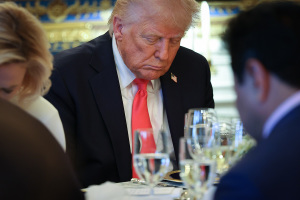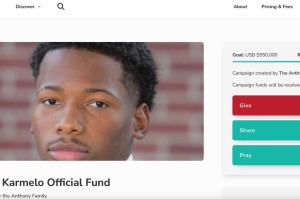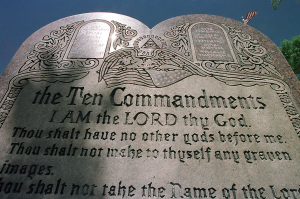Democrats Concerned About Drop in Voter Registration
Long before Election Day arrives, voter registration and get-out-the-vote (GOTV) efforts are top priority for political parties, candidates and other organizations interested in the Election Day turnout.
In 2008, the Obama campaign turned the science of voter registration into an art form by adding over 15 million new voters to the rolls – a feat not accomplished by previous presidential campaigns.
While Democrats have seen greater success in recent years, some of their parties strategists are concerned that duplicating the success of 2008 voter registration drives may be difficult to repeat in 2012.
Here’s why:
- Democrats’ numbers have dipped in states such as North Carolina and Nevada; states whose primary industries of textiles and hospitality have taken a beating during the recession.
- Iowa: Democrat registrations have fallen to about 687,000 in May of this year, compared to a high of 736,000 voters in 2008. Nonpartisan voters are still the largest block of voters with over 762,000 on the rolls.
- Several large northern cities, that in previous years have been Democratic strongholds such as Denver and Philadelphia, have seen sharp reductions in registered Democratic voters. Also, Charlotte, N.C. democrat numbers have dropped, which is troubling since the city will be the site of the 2012 Democratic National Convention.
Chris Lehane, a Democratic strategist, indicated the 2012 map would most likely resemble the elections of 2000 and 2004, where winning swing states like Ohio and Florida were key to Election Day victory.
"When you look back at 2008 there has to be a recognition that it was a historic election, a historic candidate, a historic moment in time and potentially some type of a ceiling – I'm not sure there is ever a hard ceiling – in terms of voter registration,” said Lehane, according to The Associated Press.
Obama campaign officials are making voter registration a central focus of their overall strategy. David Axelrod, an Obama adviser responded by saying the campaign would “mount a major effort and it’s not just about registering new voters but it’s also reregistering people who have moved because there is a high degree of transiency among young people minority voters. We want to make sure that not only new voters but people who have moved are registered again,” as reported by AP.
Both Democrat and Republican parties maintain private voter databases. Voter Vault, a tool used by the Republican party, not only keeps track of voting patterns, it also allows party phone bankers to record voter preferences such as the likelihood of a voter to respond to pro-life, gun or economic issues. This helps campaigns more effectively target voters with direct mail or phone calls.
Blaise Hazelwood, who oversaw voter registration efforts for the Republican National Committee in 2004, indicated Democrats would have a tough time duplicating their voter registration success of 2008. “There’s no way they can get all those voters back,” Hazelwood said.
What voters can count on is both parties, including special interest groups, will utilize every available resource to maximize the number of people going to the polls in 2012.




























